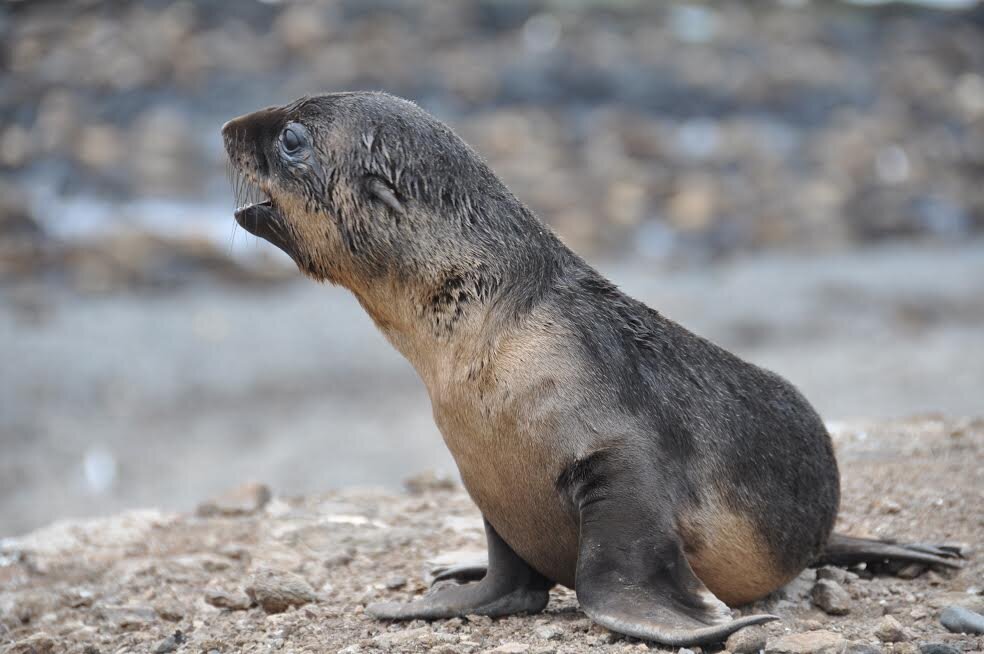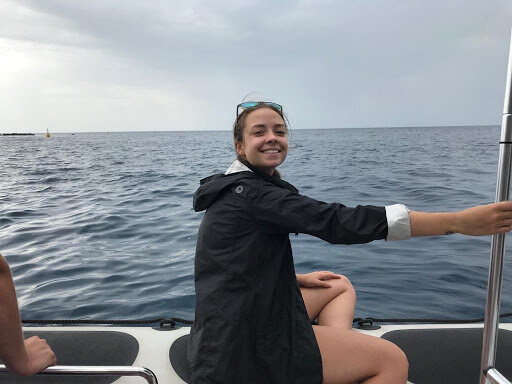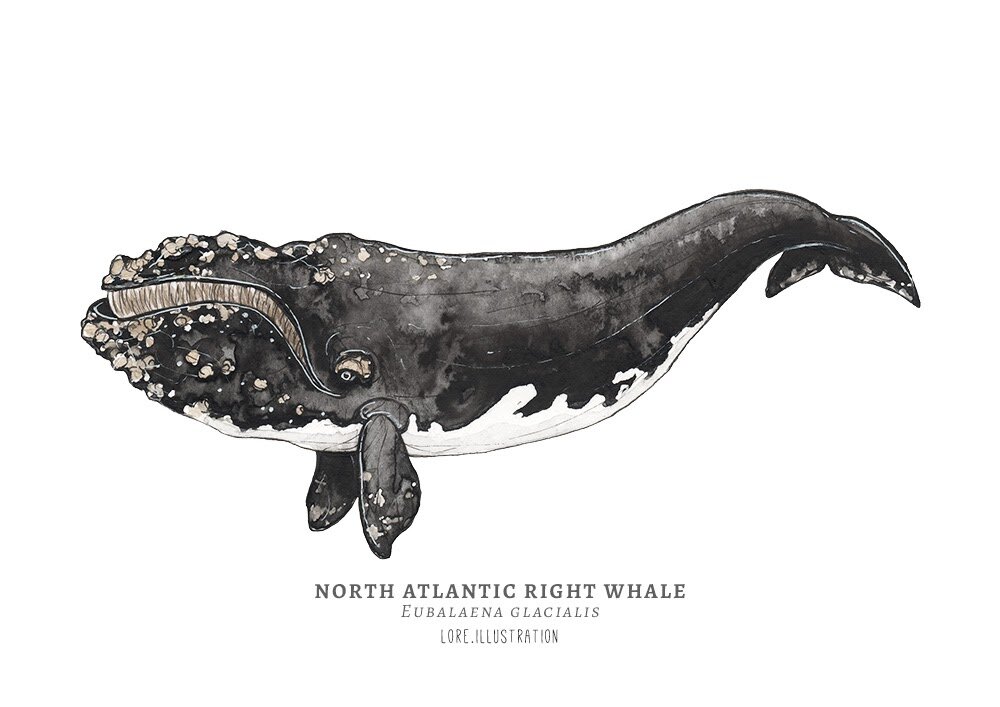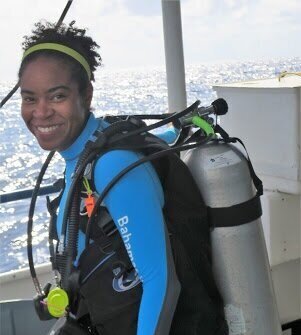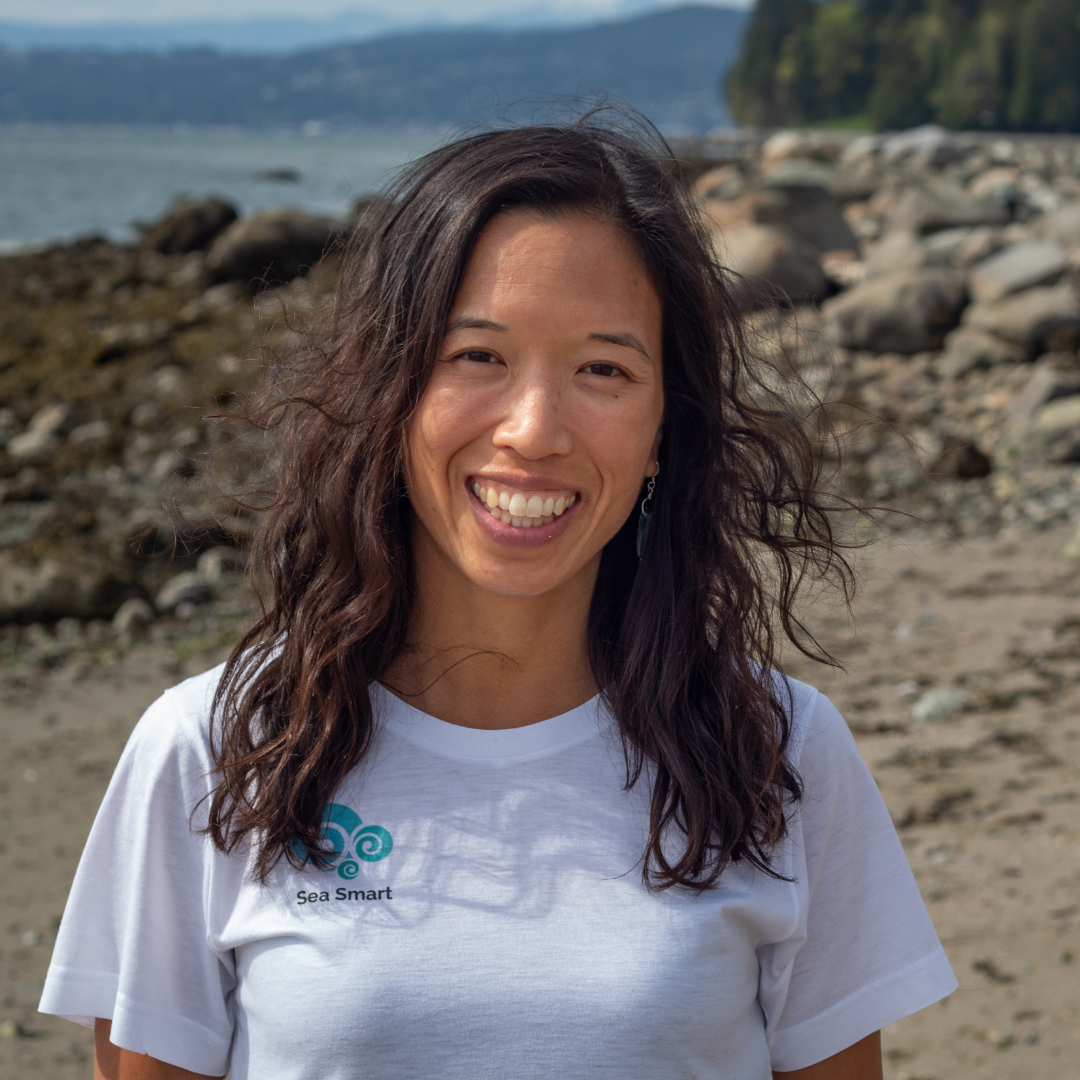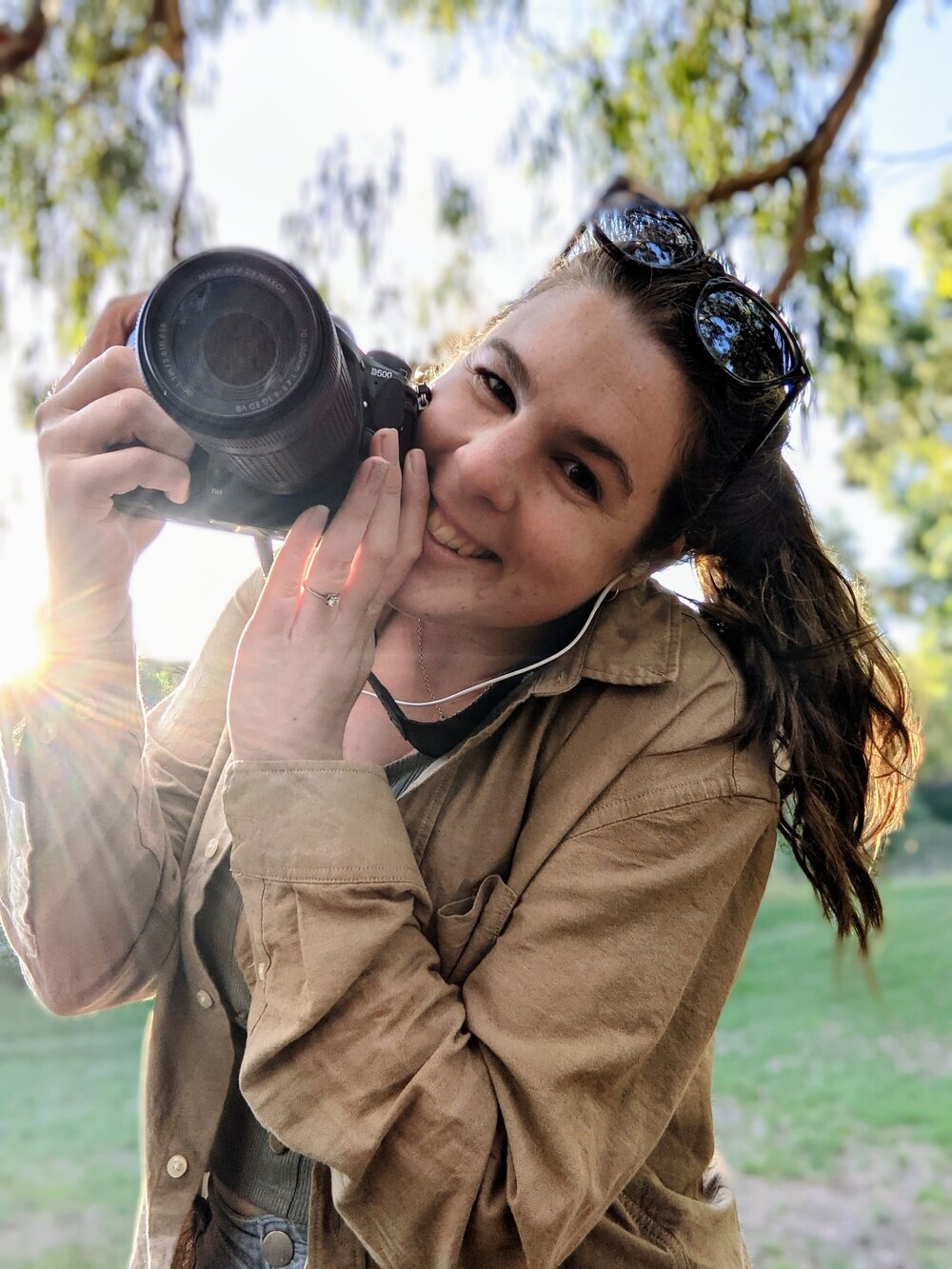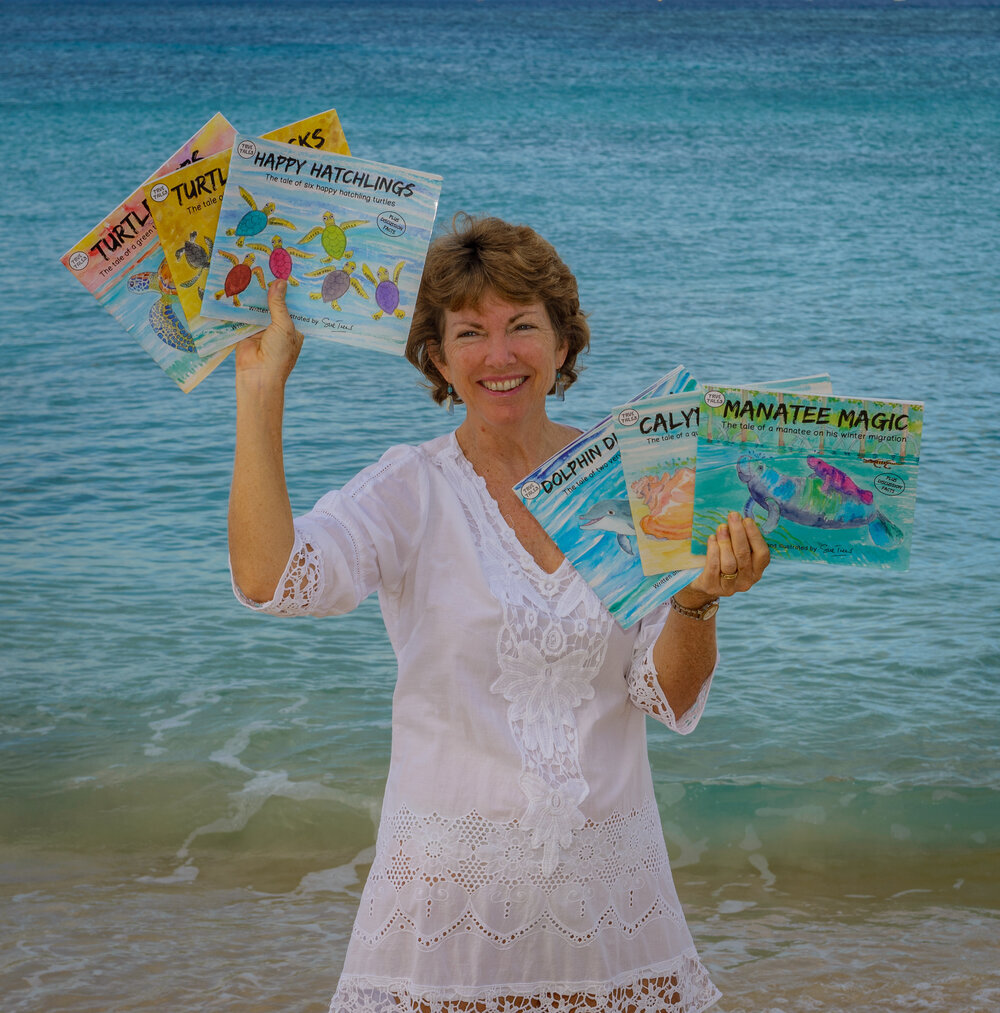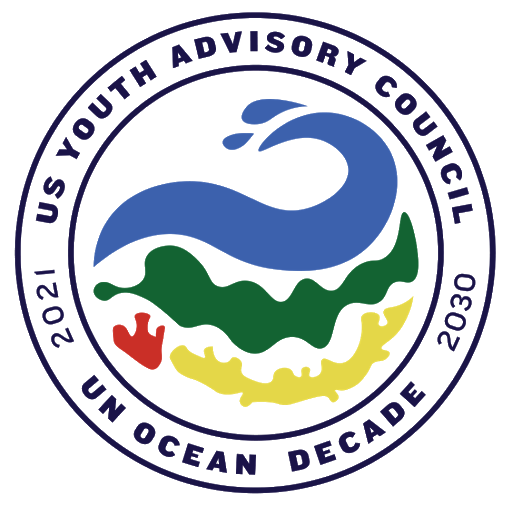Is the Ocean our Toilet?: E. Coli threatening Australian Sea Lions with Mariel Fulham
I first came in contact with Mariel Fulham through my piece called “Fire Retardant Fur Seals: A Team Interview”. She was involved in a project that detected the level of fire retardant chemicals in three pinniped species of southern Australia. One of these species, the Australian Sea Lion (N. cinerea) is endangered AND endemic with only ~6,500 breeding adults remaining.
Fire Retardant Fur Seals: A Team Interview
Nothing has caught my eye in the same way that “Firefighting chemicals found in sea lion and fur seal pups” did on my monthly google search for blog topics. The real paper is called “Per and polyfluoroalkyl subtances (PFAS) at high concentrations in neonatal Australian pinnipeds”. Researchers from the University of Sydney analyzed levels of PFA’s found in three pinniped species: Australian Sea Lion (N. cinerea), Australian Fur Seal (A.p. doriferus), and Long-nosed Fur Seal (A. forsteri). PFA’s (identified as PFOA’s and PFOS’s through out the article) are fire retardant chemicals that can be found in products such as fire fighting foams, “stain repellents, polishes, paints and coatings”.
An interview with Marine Mammal Scientist, Emma Chereskin
Research has shown that dolphins exhibit a variety of social behaviours within their pods, although their communication systems have been studied extensively, there is still much to learn. Meet Emma Chereskin, marine mammal scientist completing her Masters degree at the University of Bristol who studies sociality and vocal communication in Indo-Pacific bottlenose dolphins.
Parrotfish Proving Pelagic Protection
One of the hardest things about studying the ocean is that it is fluid (yes, that was a joke). But what I mean is that the only real boundaries are land. I would argue that our “blue planet” has more cracks and creavaces for marine life to hide than land. We can predict general areas where certain species should be, but that does not always mean we will find our target material.
Right Whales, Right on Time!
Springtime in New England attracts millions of tourists to the beautiful coastlines and surrounding waters of the Northwestern Atlantic Ocean. Amongst these seasonal visitors are the North Atlantic right whales (Eubalaena glacialis) who migrate to the nutrient rich waters between Massachusetts and Canada every year to feed on plankton.
Life in The Bahamas: An interview with Marine Scientist Dr Krista Danielle Sherman
Crystal clear turquoise waters encompass The Bahamas and support a wealth of marine habitats, from coral reefs to mangroves and seagrasses. Home to the third largest coral reef in the world, the marine environment is bustling with exotic life. Meet Dr Krista Danielle Sherman, the first female Bahamian scientist to achieve her PhD within the Marine Sciences, who works tirelessly to ensure these intricate ecosystems remain pristine for years to come.
Colombia’s Marine Life Through the Lens of a Camera: An Interview with Mariana Rivera
Deep in the waters of the Caribbean and the Pacific coasts of Colombia, magical and awe-inspiring marine life thrives; from majestic humpback whales, hammerhead sharks and huge groupers, to leatherback turtles, sea snakes and colourful coral reefs. The beauty of Colombia’s marine life has been captured by Mariana Rivera - a colombian biologist, underwater photographer and documentary film-maker.
Becoming “Sea Smart”: An Interview with Dr. Elaine Leung
Some people know right away that they want to be a marine biologist. Others may shy away for one reason or another at first, and then become an influential part of the marine science community. Dr. Elaine Leung falls into the latter category--her excellence in the field seemed unlikely at first, as she is prone to seasickness! Luckily for the Women in Ocean Science community and beyond, she has pushed through the initial apprehension and now has over fifteen years of experience researching threatened marine animals--especially top predators--and worked with many global stakeholders to protect species based on her findings.
Working with community fisheries to influence change: Meet Dr Joanna Alfaro Shigueto, a Peruvian Marine Biologist
Meet Dr Joanna Alfaro Shigueto, director and co-founder of ProDelphinus, a non-profit organisation in Peru that works with fishing communities, researchers and the government to protect sea turtles and marine fauna to reduce by-catch. She is an incredible scientist and mother of two (Kenzo and Jake) who has worked in marine conservation in South America for over 25 years!
Lonely Conservationists
She introduced me to the Lonely Conservationist platform, run by Jessie Panazzolo. I immediately followed the account and downloaded her book, Conserving Conservationists. I gobbled it up in less than 48 hours and knew I needed the WMC and WOS community to hear about her work.
Marine Palaeontology: An interview with Dr. Leanne Melbourne
Numerous environmental changes have been observed in our oceans in recent years due to the increase in anthropogenic CO2 in the atmosphere. This in turn leads to ocean acidification and warming waters, phenomena that cause detrimental effects to marine organisms and their survival. Calcifying organisms are particularly at risk to these changes as it significantly reduces their ability to calcify, a vital process in which they create their hard shells or skeletons. Meet Dr Leanne Melbourne, a Marine Palaeontology lecturer at the University of Bristol whose research focuses on how these environmental changes affect the structural integrity of marine calcifiers through time.
A Story of the North: Memoirs of a Whale Watching Guide
I think it is what I liked the most about being a whale watching guide. Being directly on the frontline between science and ‘real life’.”
My last two summers were spent where I like to be the most - by the ocean, or even better, on the ocean.
Blue Seawalls: Using Artificial Structures to Support Biodiversity
Compared to our knowledge of the terrestrial environment, the ocean remains enigmatic; a vast, relentless mystery, the depths of which we understand less than the surface of the Moon. Serene though they may appear, coastlines the world over are being remodelled and redesigned to suit the needs of a growing human population, through the addition of artificial structures.
Starting Small: Interviewing Sue Trew, children's author and illustrator
Sue Trew is an author and illustrator who grew up on the islands of Barbados. Inspired by the wildlife she grew up around, she launched her series of children’s books and plushies called Turtle Tracks Family. You can find Trew’s books in zoos, aquariums, and non-profits across where revenue goes back to support their programs. She actively works with partner organizations to write books on specific topics, such as her latest “Gecko Getwaway” sponsored by the Fauna & Flora International.
WELCOME TO THE 2021-2030 UN OCEAN DECADE
Yes! You heard us right!! We are finally here, the 2021-2030 United Nations (UN) Ocean Decade! As we swim into the new year, we are full of hope and excitement for what the future holds. The UN Decade of Ocean Science for Sustainable Development is all about reversing the damage to our planet that has created a decline in ocean health.
Storytelling and Marine Conservation: An Interview with Tales for Gaia team
No matter where you are on Earth, every single person has a story to tell about the lives they live. Stories have the power to connect us to each other and to bring about change. They also have the power to make us more emphatic to what is happening around us. This is the beauty and magic of storytelling! Without it, we wouldn’t be humans.
Using Education to Protect Great White Sharks: A Discussion with Marianne Long
The Atlantic White Shark Conservancy is a Cape Cod, Massachusetts based non-profit organization with the mission to support scientific research, improve public safety, and educate the community to inspire white shark conservation. Marianne Long is the Education Director at AWSC. She works with the Education team to create and deliver education programs that engage the public


